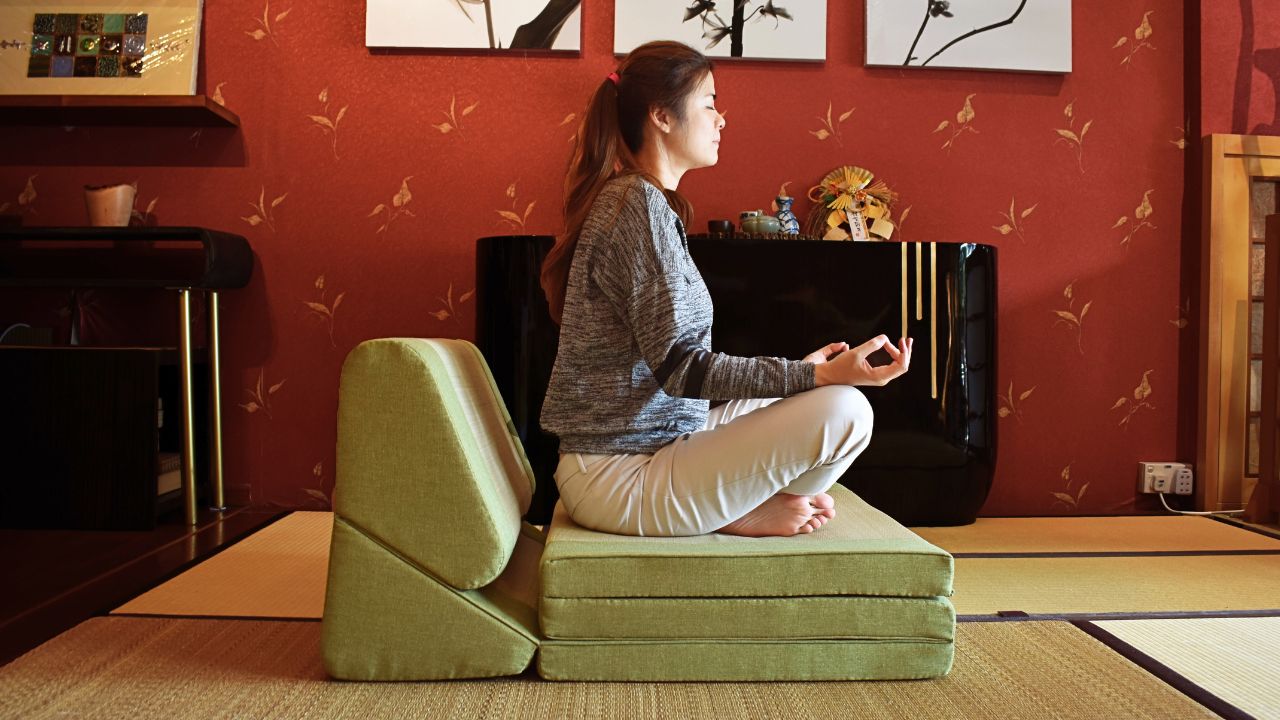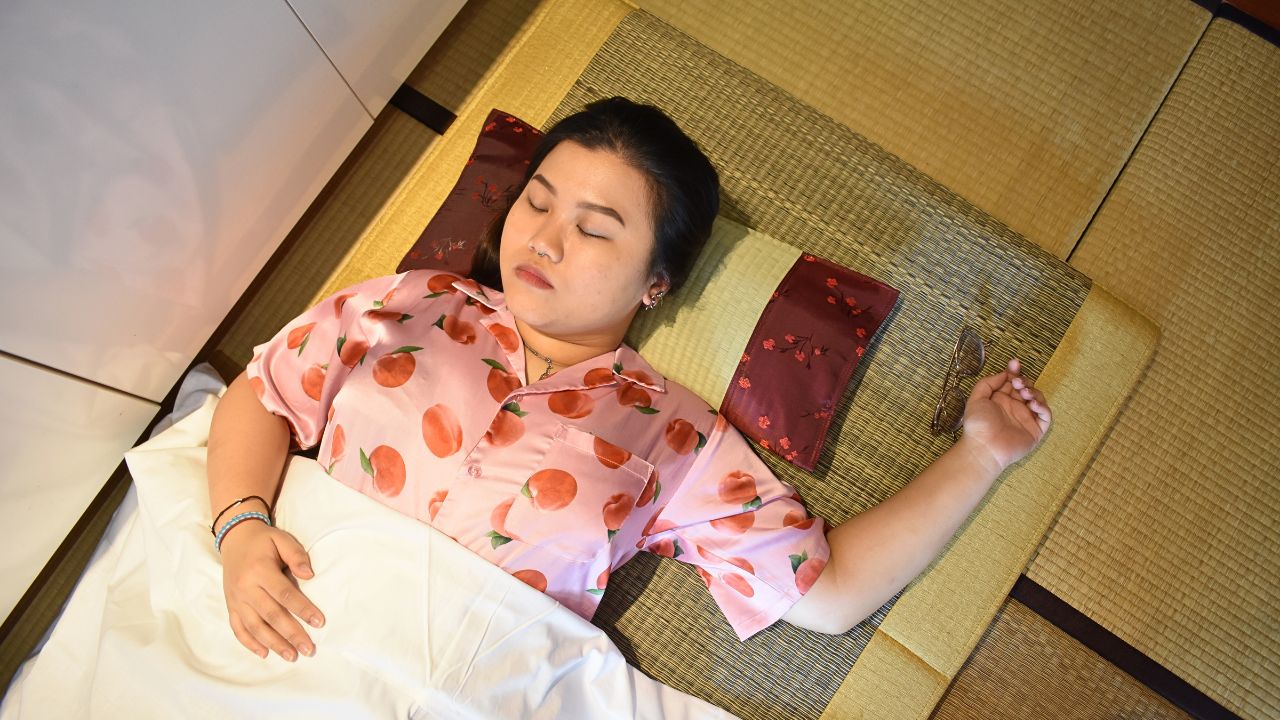World Sleep Day is here, and with the theme “Make Sleep Health a Priority,” it’s the perfect time to rethink the way we sleep. In today’s fast-paced world, where stress and distractions are constant, adopting time-tested Japanese sleep practices could be the key to unlocking a better night’s rest. Not only do these traditions promote physical alignment and relaxation, but they also embrace a minimalistic philosophy that many find refreshing in our cluttered modern lives.
The Benefits of Sleeping on Tatami and Futons

One of the hallmarks of Japanese sleep culture is the use of Tatami and Futons. Tatami—crafted from natural Igusa Rush or rice straw—create a firm yet comforting base that encourages proper posture. When paired with a traditional Futon (often known as a Shikibuton), the result is a comfortable sleep surface that supports the body without the excessive cushioning of modern mattresses. This design naturally aligns the spine and helps distribute body weight evenly, which can reduce back pain and improve overall sleep quality.
Minimalist Advantages of Japanese Bedroom Designs

But there’s more to it than just the physical benefits. Japanese bedrooms often embody the concept of "Ma," emphasising the importance of negative space. This minimalist approach promotes relaxation, reducing visual stimuli that can interfere with sleep. By eliminating clutter and unnecessary distractions, these spaces create an environment that calms the mind and reduces stress—a key component in achieving restorative sleep. The simplicity of a Japanese bedroom isn’t just an aesthetic choice; it’s a lifestyle that reinforces mindfulness and intentional living.
Traditional Relaxation Techniques for Better Sleep

Another significant element of Japanese sleep culture is the incorporation of traditional relaxation techniques. Whether it’s practicing Zen meditation, enjoying a quiet cup of tea before bed, or engaging in mindful breathing exercises, these routines help prepare the mind for sleep. Such practices not only ease the transition from the hustle and bustle of the day to the tranquillity of night but also foster a deeper connection with one’s inner self. This holistic approach to rest can be especially appealing to those struggling with modern sleep disorders, such as insomnia.
Why Sleep Health Matters Now

And why are we talking about this now? Sleep issues are a global concern, affecting millions regardless of age or background. According to HelpGuide.org, approximately 32.8% of adults do not get enough sleep, which is close to one-third of the adult population being sleep-deprived! World Sleep Day shines a spotlight on the importance of sleep health, urging everyone to consider how even small changes can have a major impact. By exploring Japanese sleep practices, we can tap into centuries of wisdom that emphasise quality rest and overall well-being. This isn’t just about adopting a new way to sleep—it’s about embracing a mindset that prioritises health and mindfulness in every aspect of life.
Our Approach to Integrating Japanese Sleep Principles

We, Tatami Shop, are inspired by these principles. Our products are designed with the idea that simplicity and natural materials can enhance your sleep environment. By incorporating elements like Tatami Mattresses and Shikibutons, we offer solutions that not only meet modern standards but also honor traditional practices. We believe that by aligning with these time-honored methods, you can experience better sleep and, in turn, a healthier, more balanced life.
Transform Your Sleep, Transform Your Life
This World Sleep Day, let's prioritise sleep health by embracing Japanese sleep practices. By incorporating minimalism, traditional sleeping surfaces, and relaxation techniques into our daily routines, we can improve sleep quality and wake up feeling refreshed. Visit our World Sleep Day page to discover your perfect sleep solution—featuring mattresses, pillows, and accessories uniquely tailored to your sleep needs. We’ve curated some of our best sleep products based on common sleep concerns from around the globe, so you can experience the transformative benefits of Japanese sleep practices today.

